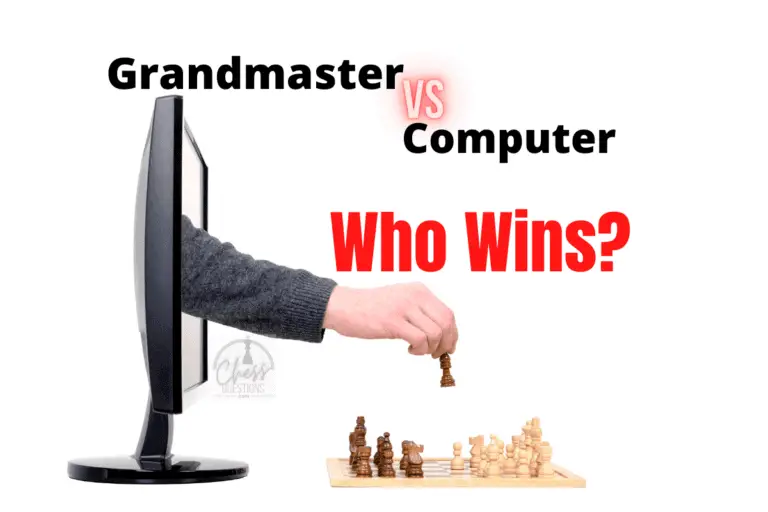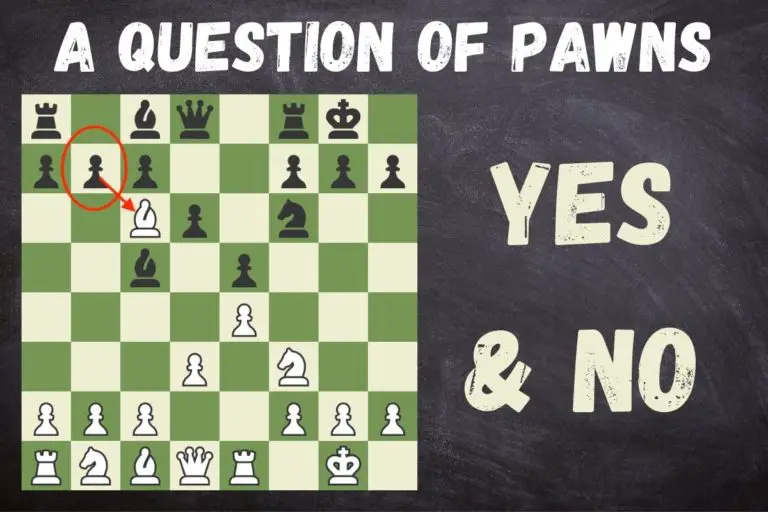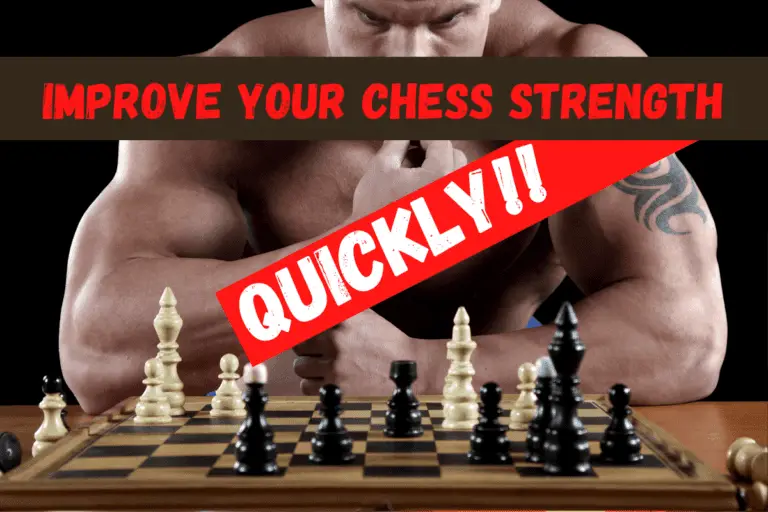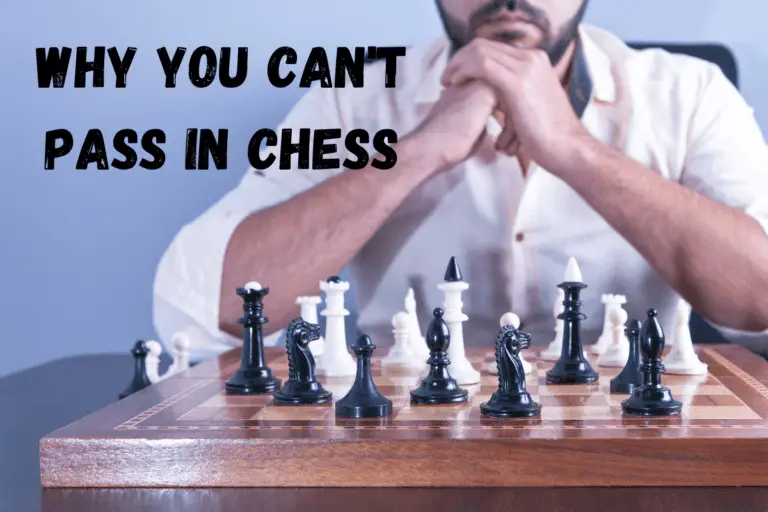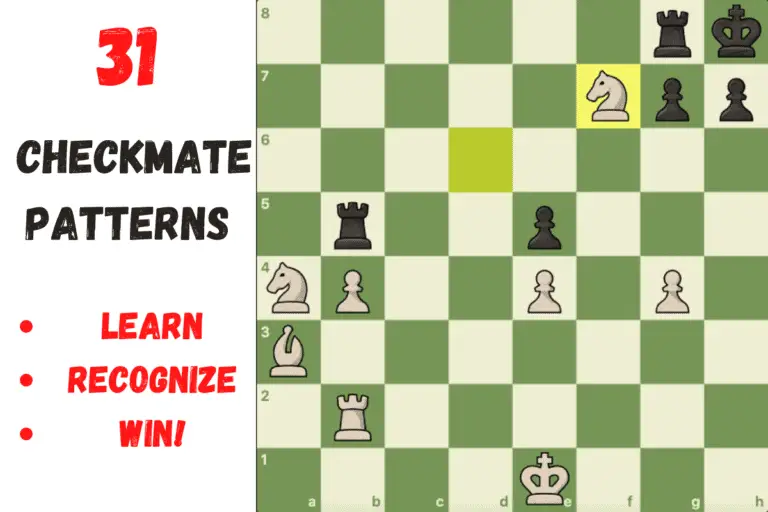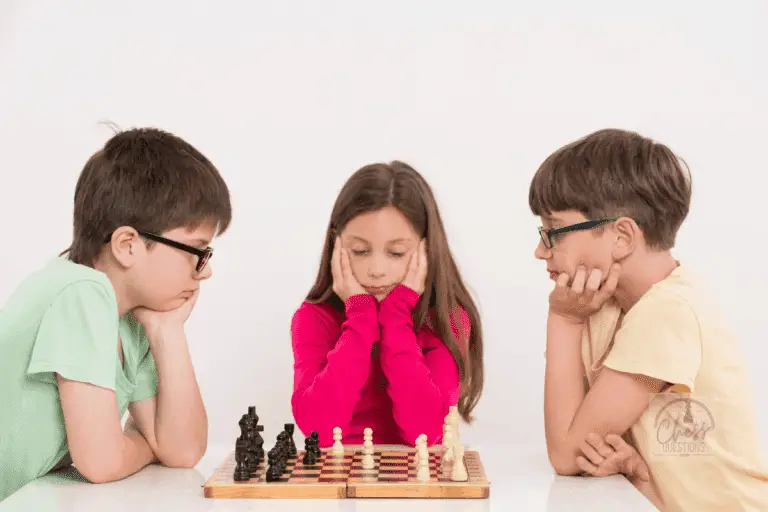Inaccuracy in Chess: Not the Worst Move but One to try to Avoid.
⭐⭐⭐ Take 5 minutes to read and improve your chess game ➡️ : This article was first published on, and is Copyright of Chessquestions.com
When you analyze past games of online chess you may notice that each move made is judged and given a remark. Outside of the opening moves which are described as ´book,´you may notice moves are described somewhere between, ´Brilliant´ (The best) to ´Missed win´ (The Worst). Inaccuracy sits roughly around the middle and in this article, I will explain completely what an inaccuracy is in a game of chess.
An inaccuracy in chess is a weak move made by one player that does not improve their position. It will not be a mistake that gives away material or a blunder that loses the game, but there would have been better moves that would have strengthened the position that could have been played.
Inaccuracies are not big game changers, mistakes are more serious and blunders can be fatal but it´s a good idea to try to avoid inaccuracies as much as is possible and stay in control of your game
Chess inaccuracy notation
Learning chess notation is an essential part of becoming a better chess player and getting better at chess will also see you aim to make fewer inaccurate moves when playing.
If you find a combination of ! ? written behind a chess move, this signifies that it was an inaccuracy
When reading chess engine analysis of a game you have played or maybe even a game between two other players or a grandmaster, you will come across either a table of moves or some written notation.
The ! ? signifying an inaccuracy will not necessarily be written on the notation as it is supplementary to requirements but might be used.
Why are inaccuracies in chess are bad
Quite simply if you make a move that is an Inaccuracy in chess, you have made a weak move.
That is, there were more moves available to you that would have been better for your position and may have gained you some advantage in the balance of play.
More likely, your inaccuracy has left you in a position where your opponent can gain some tempo and not be under pressure to make a basic inaccuracy themselves. They may be breathing a sigh of relief given there were better moves that could have had them stepping backward, that you could have played.
An inaccuracy in a game between beginners is barely noticeable (By either side), it certainly will not be a game-changer in most cases but you may lose valuable chess pieces in the process which won’t help your cause.
The effect of the inaccurate move is magnified as we move up the playing ability and ratings of players.
Making inaccurate moves as a Grandmaster would be poor play, whereas at the other end of the skill level, just avoiding missed wins, Blunders and mistakes is as good as it gets.
If a grandmaster were to make an inaccurate move, this could be all another grandmaster needs to gain a significant advantage in a game
All this said; if you are at a reasonable level in chess, and reach an above-average rating, that is perhaps somewhere toward 1500, one area of your game you should be working very hard on would be to minimize and even cut out entirely inaccuracies in your game of chess.
Examples of Inaccuracies in Chess
Before giving you an example of an inaccuracy, I heard this wonderful analogy..
- In soccer, passing the ball to the wrong player on your team would be an inaccuracy,
- passing to player on the other team would be a mistake,
- whilst scoring an own goal would be a blunder!
I hope that helps differentiate these three moves, I think they sum up the differences and increased severity nicely.
Example 1
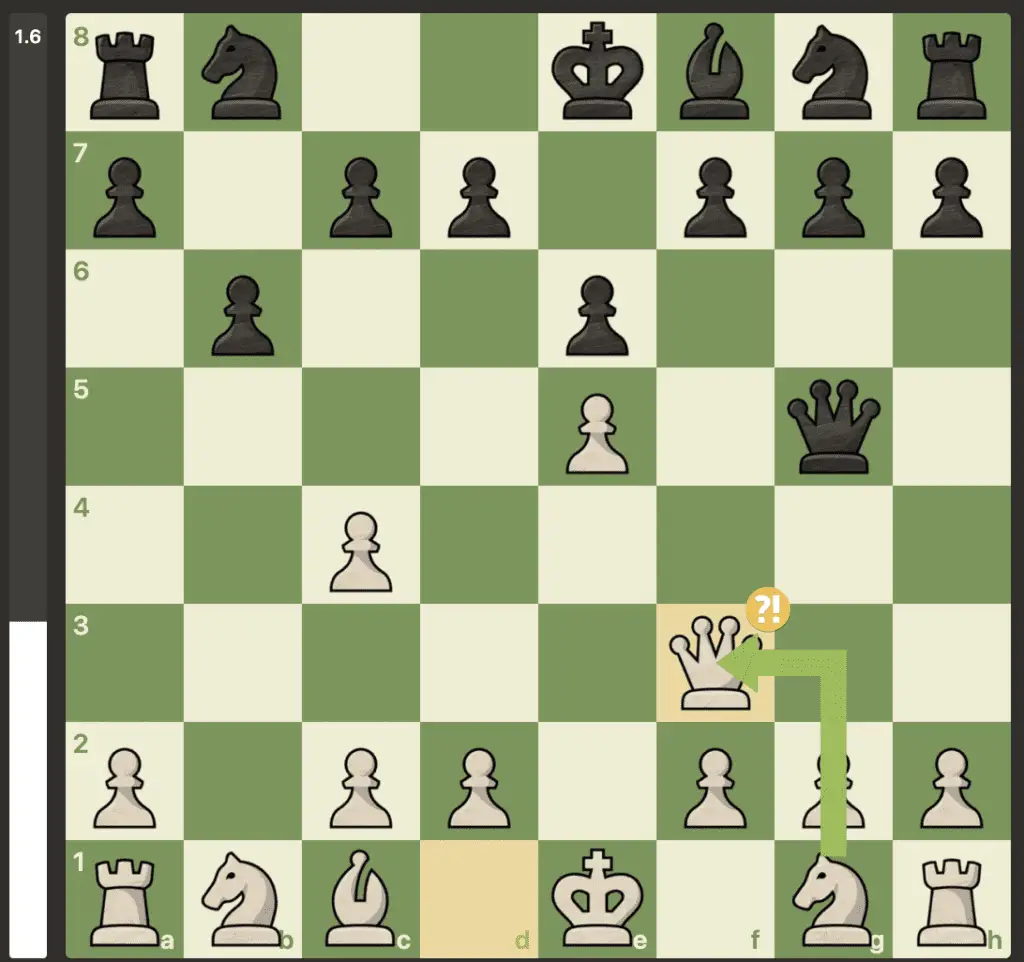
Here you can see that white is to move and plays Qf3 threatening the block rook on the diagonal. Whilst this is an attacking move, it is deemed an inaccuracy by the engine which had black +0.5 prior to the move, but now +1.6 subsequently.
The reason this is an inaccurate move is that white has a hanging pawn on e5, and although black is forced into defending the rook on a8, that can be achieved with ease and the white pawn hangs still.
The best move for white would have been Nf3, which would serve a double purpose of protecting the hanging pawn but also attacking the black queen, in turn reducing blacks advantage at this stage of the game to just 0.3
Example 2
This is maybe an even more obvious example of inaccuracy in chess, whereby white misses the opportunity to win a pawn in panicking and moving its queen from a threatened square.
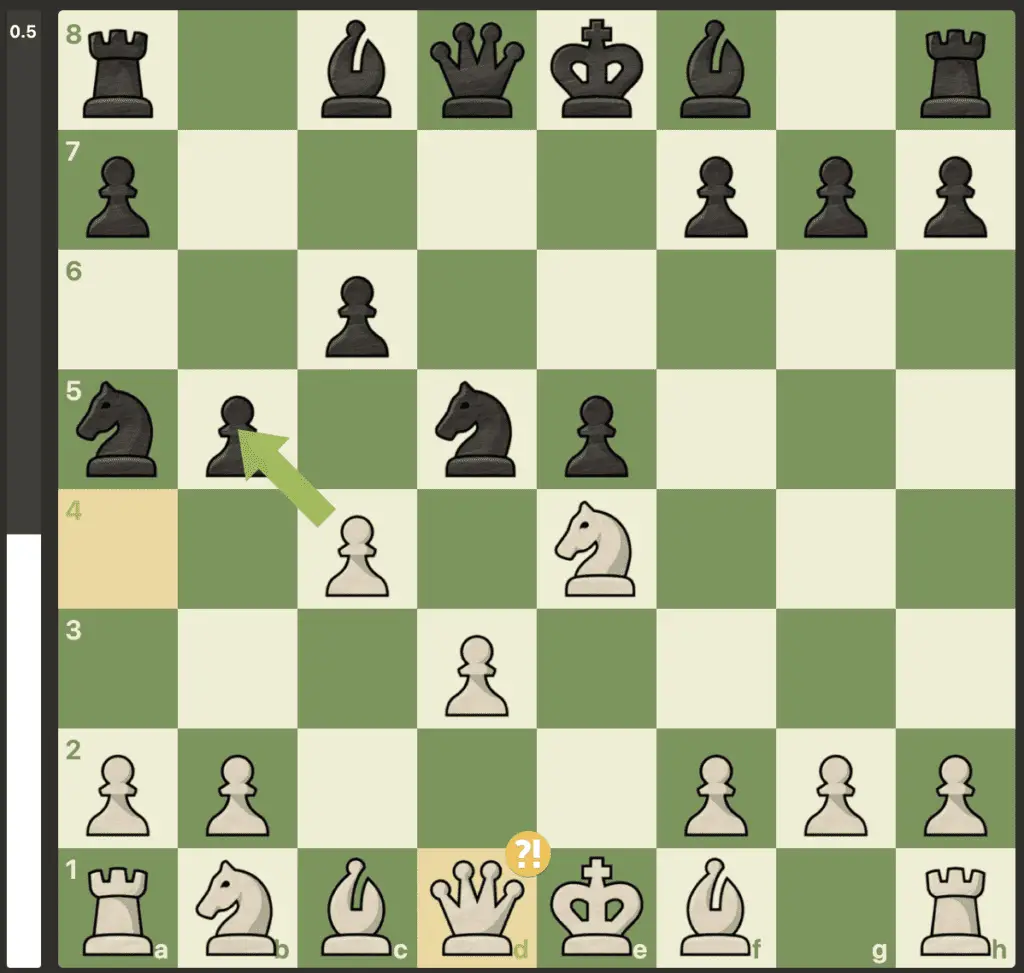
Here black has attacked the white queen, but white is still 0.5 to the good. In this example, white has moved the white queen back to d1 to avoid being captured by the pawn, and this gives black a 0.5 advantage when white should have taken with cxb5 which maintains the advantage and should lead to the pawn trade, and the white queen taking on b5 too, placing black in check, and gaining a knight on the next move.
Tips on How to Avoid Inaccuracies in Chess
Whilst on occasions you may not have an option and be in a Zugzwang position which you can do nothing about, there is always the best move.
A move such as this can not be an inaccuracy if there is no other option, so when your back is against the wall it is especially important to identify all of your move options to try to find the best move and avoid an inaccuracy.
- Asses the board and every move option you have at hand
- Double check what moves your opponent might be looking to make next.
- try to find an attacking move to a defended square to hold your opponent off pressuring you further.
- Make sure if you are capturing a piece, you have checked for all other pieces you can capture. Is there a better one_
- Can you place your opponent in check?
Loss of Centipawns
When making a move that is deemed an inaccuracy the chance is that you will be losing centipawns. I shan’t go into what a centipawn is here but I have a guide that will help you understand the term better if you have not come across it before.
Summary
In summary, an inaccuracy is not the worst move you can make in a game of chess and the chances are at a beginner’s level, you’ll not lose too much advantage. But you should analyze your games when you play online to see where you have made them and try to identify and avoid them in future games

